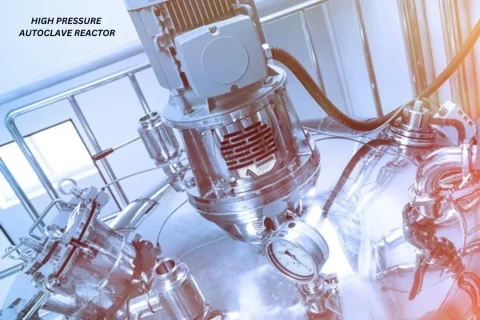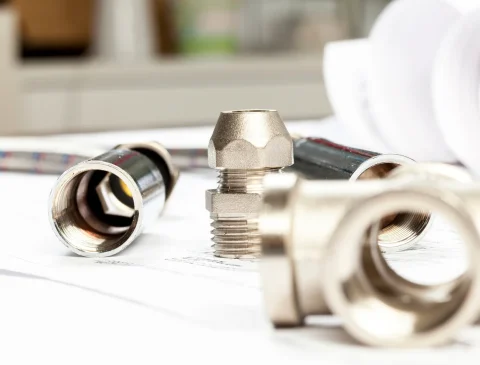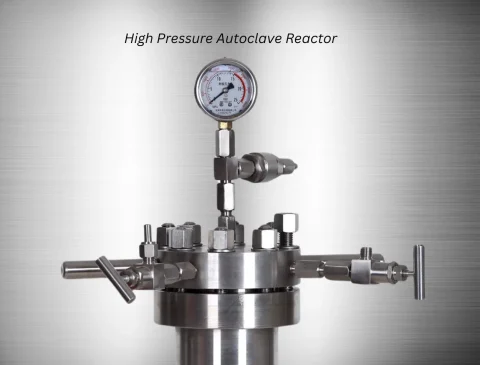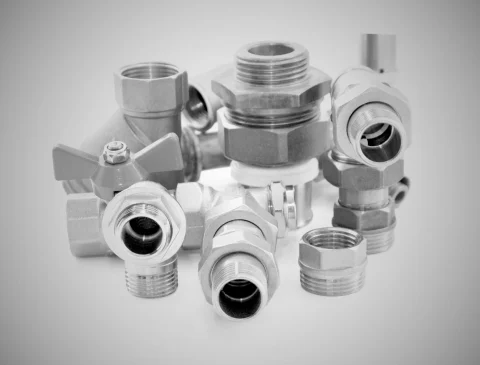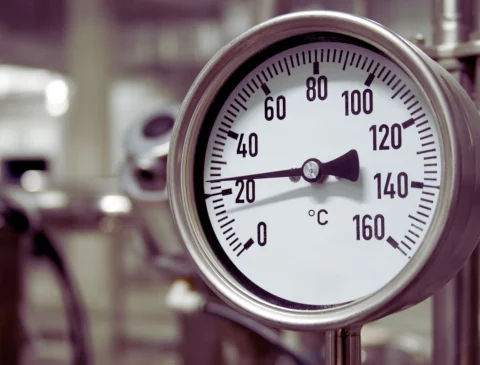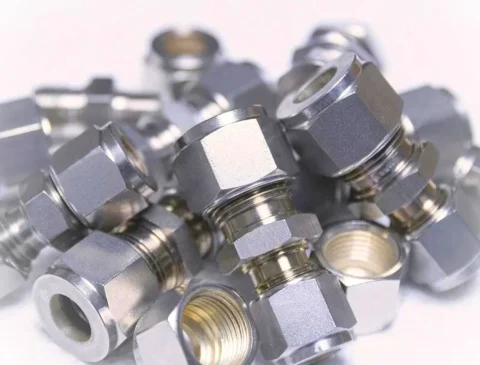High pressure autoclave reactors are a special type of equipment used in many scientific and industrial processes. These reactors can handle very high pressures and temperatures, making them ideal for various complex chemical reactions. While they may seem like a niche technology, their future looks very promising across multiple fields. Let’s explore why these reactors are so important and what their future holds.
What are High Pressure Autoclave Reactors?
Imagine a strong, durable container that can hold substances under extreme pressure and temperature. That’s what a high pressure autoclave reactor is. They are like super-strong pressure cookers used in laboratories and industries. Scientists and engineers use them to perform reactions that cannot happen under normal conditions.
Applications Today
Currently, high pressure autoclave reactors are used in several areas:
- Chemical Synthesis: They help create new chemicals and materials that require high pressure to form.
- Pharmaceuticals: In producing certain drugs, these reactors are crucial for synthesizing complex molecules.
- Materials Science: They assist in making advanced materials like high-strength polymers and new types of metals and ceramics.
- Environmental Science: These reactors help study and develop methods to reduce pollution and manage waste effectively.
The Future Potential
The future of high pressure autoclave reactors looks bright for several reasons:
Advancements in Technology:
- Better Materials: Developing new materials that withstand even higher pressures and temperatures will make these reactors more efficient and durable.
- Automation and Control: With advancements in automation and control technologies, it will become easier to precisely operate these reactors, making them more accessible and safer to use.
Emerging Fields:
- Green Chemistry: As the world focuses on sustainability, high pressure autoclave reactors will play a key role in green chemistry. They can help create eco-friendly chemicals and processes that reduce waste and energy consumption.
- Energy Storage: These reactors could be instrumental in developing materials for energy storage, such as advanced batteries and hydrogen storage systems, which are crucial for renewable energy technologies.
- Nanotechnology: In the field of nanotechnology, high pressure conditions can be essential for creating new nanomaterials with unique properties, which can be used in everything from medicine to electronics.
Environmental Applications:
- Carbon Capture and Storage: High pressure autoclave reactors can be used to study and develop methods for capturing and storing carbon dioxide, a major greenhouse gas, thus helping to combat climate change.
- Water Purification: They can also help in developing advanced methods for purifying water, making clean drinking water more accessible.
Space Exploration:
- As we look towards exploring other planets, these reactors could be used to study materials and reactions under extreme conditions similar to those found in space or on other planets.
Conclusion
High pressure autoclave reactors may sound like complex equipment, but their importance must be balanced. With upgradation in technology and new applications, they are set to become even more vital in various fields. From helping create new materials and medicines to playing an important role in protecting the environment and space exploration, the future scope of high pressure autoclave reactors is vast and exciting.
To purchase this product , please follow the links below.
1- Techinstro
2- Shilpent



